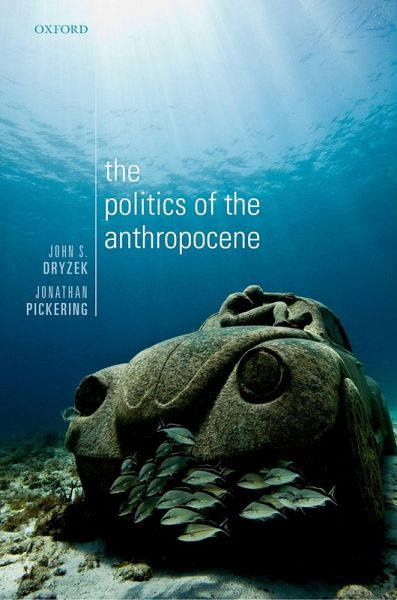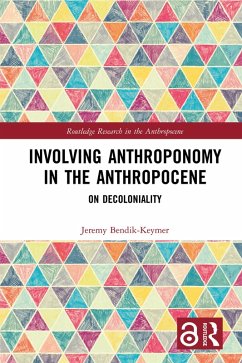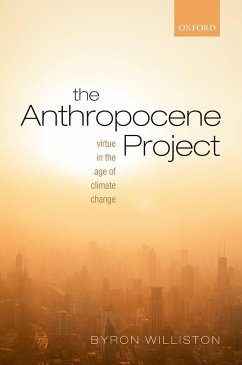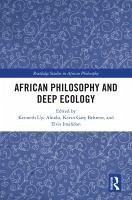
The Politics of the Anthropocene (eBook, PDF)
Versandkostenfrei!
Sofort per Download lieferbar
20,95 €
inkl. MwSt.
Weitere Ausgaben:

PAYBACK Punkte
10 °P sammeln!
The Politics of the Anthropocene is a sophisticated yet accessible treatment of how human institutions, practices, and principles need to be re-thought in response to the challenges of the Anthropocene, the emerging epoch of human-induced instability in the Earth system and its life-support capacities. However, the world remains stuck with practices and modes of thinking that were developed in the Holocene - the epoch of around 12,000 years of unusual stability in the Earth system, toward the end of which modern institutions such as states and capitalist markets arose. These institutions persi...
The Politics of the Anthropocene is a sophisticated yet accessible treatment of how human institutions, practices, and principles need to be re-thought in response to the challenges of the Anthropocene, the emerging epoch of human-induced instability in the Earth system and its life-support capacities. However, the world remains stuck with practices and modes of thinking that were developed in the Holocene - the epoch of around 12,000 years of unusual stability in the Earth system, toward the end of which modern institutions such as states and capitalist markets arose. These institutions persist despite their potentially catastrophic failure to respond to the challenges of the Anthropocene, foremost among them a rapidly changing climate and accelerating biodiversity loss. The pathological trajectories of these institutions need to be disrupted by advancing ecological reflexivity: the capacity of structures, systems, and sets of ideas to question their own core commitments, and if necessary change themselves, while listening and responding effectively to signals from the Earth system. This book envisages a world in which humans are no longer estranged from the Earth system but engage with it in a more productive relationship. We can still pursue democracy, social justice, and sustainability - but not as before. In future, all politics should be first and foremost a politics of the Anthropocene. The arguments are developed in the context of issues such as climate change, biodiversity, and global efforts to address sustainability.
Dieser Download kann aus rechtlichen Gründen nur mit Rechnungsadresse in A, B, BG, CY, CZ, D, DK, EW, E, FIN, F, GR, HR, H, IRL, I, LT, L, LR, M, NL, PL, P, R, S, SLO, SK ausgeliefert werden.













